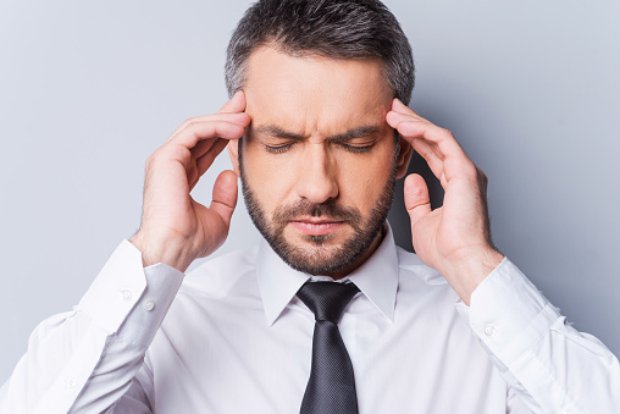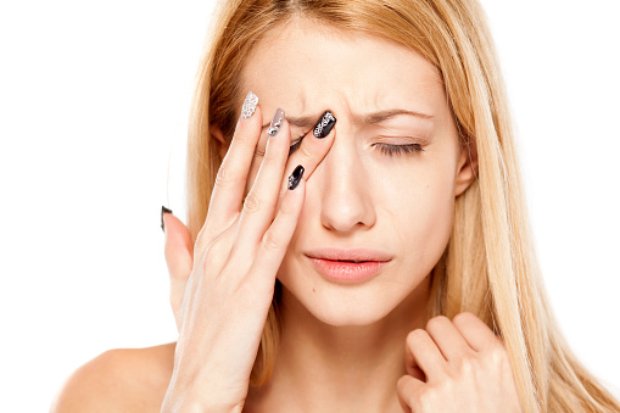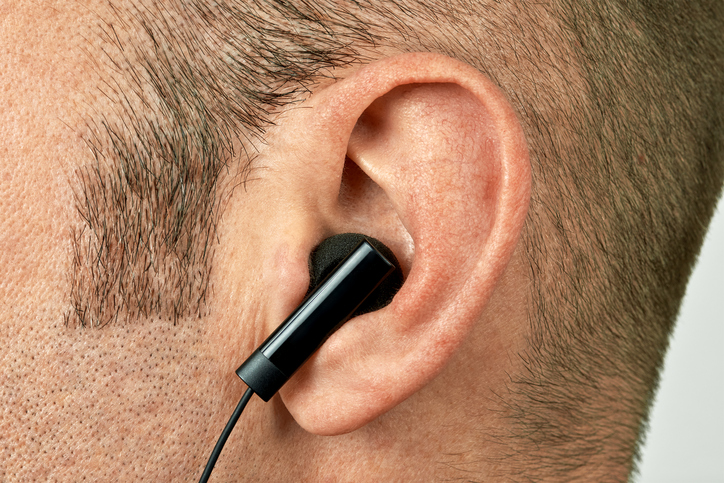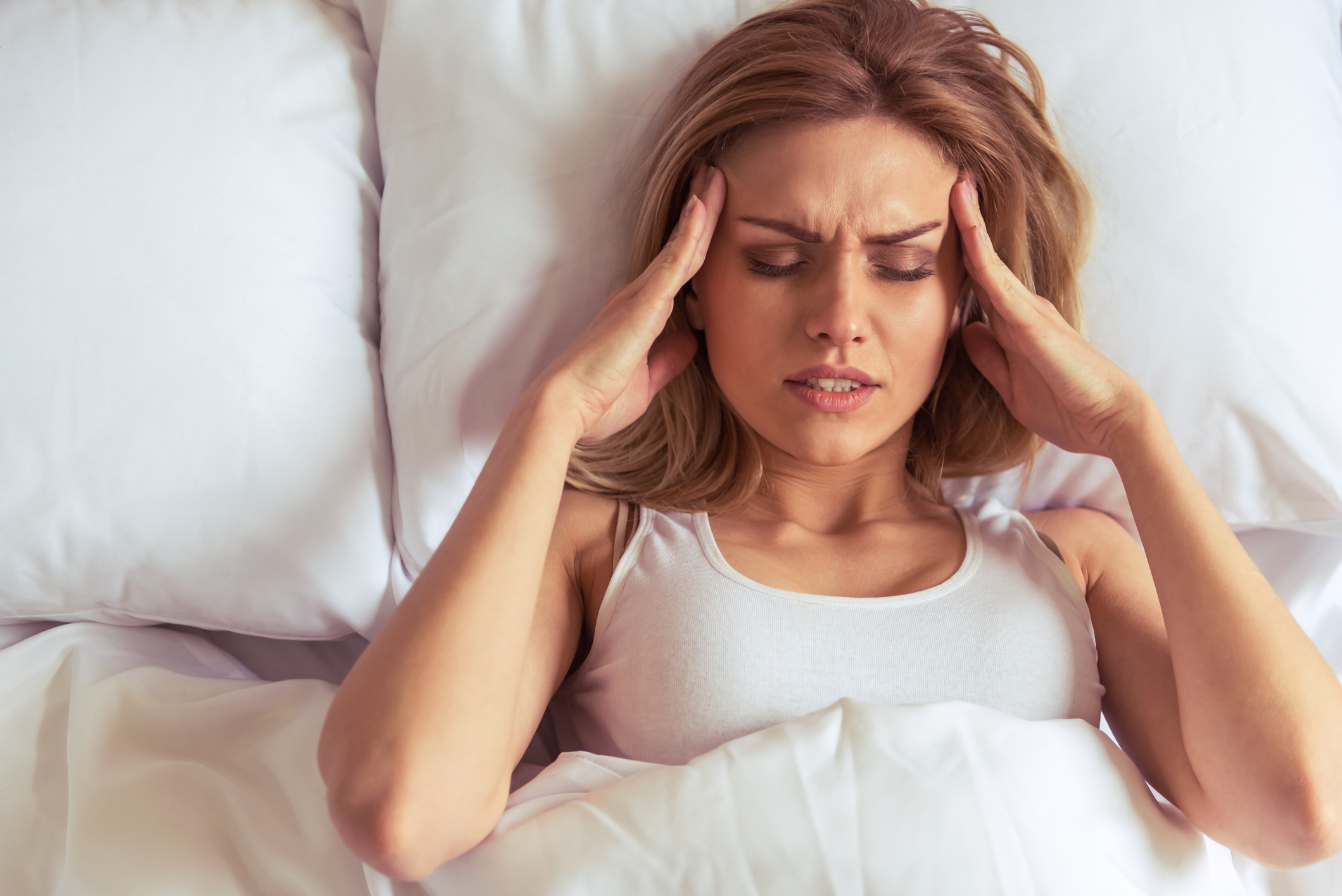Migraine update: Essential oils for migraines, cluster headache vs. migraine, and migraine hangover
An estimated 37 million people in the United States suffer from migraines, which are recurrent throbbing headaches that typically affect one side of the head. Migraines are considered a primary headache disorder that can last anywhere from two to 72 hours. Having headaches can affect a person’s quality of life, which is why learning how ...click here to read more














